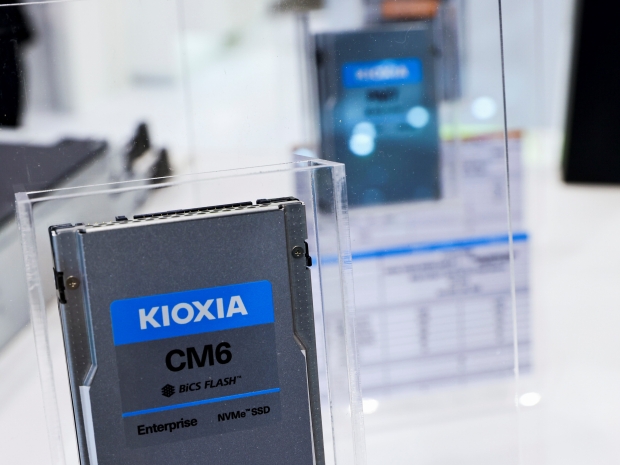The companies were aiming to reach an agreement by the end of October. The US-based Western Digital by Thursday had notified Kioxia that it would exit the talks after the merger failed to secure approval from SK Hynix, an indirect shareholder in Kioxia.
The companies could not agree on the merger's conditions with Bain Capital, Kioxia's top shareholder.
Kioxia was formerly known as Toshiba Memory. It and Western Digital have had a bad time lately, and managers have blamed “headwinds” in the memory chip market. Everyone knows that every business problem these days is caused by headwinds – perhaps it is not a good time to remind investors that you bought a sailboat with your last bonus.
Kioxia ranks third in global market share for NAND flash memory, while Western Digital ranks fourth. The proposed merger would have resulted in an entity that rivals market leader Samsung Electronics, and the companies had hoped the larger scale would lead to greater profits and growth.
SK Hynix officially declared its opposition to the deal on Thursday. SK Hynix had invested about 400 billion yen ($2.67 billion at current rates) in the Bain-led consortium that acquired what is now Kioxia from Toshiba. The South Korean company is now second only to Samsung in NAND memory, and was worried that the Western Digital-Kioxia merger would hurt its position while derailing partnerships it had been exploring with Kioxia.




